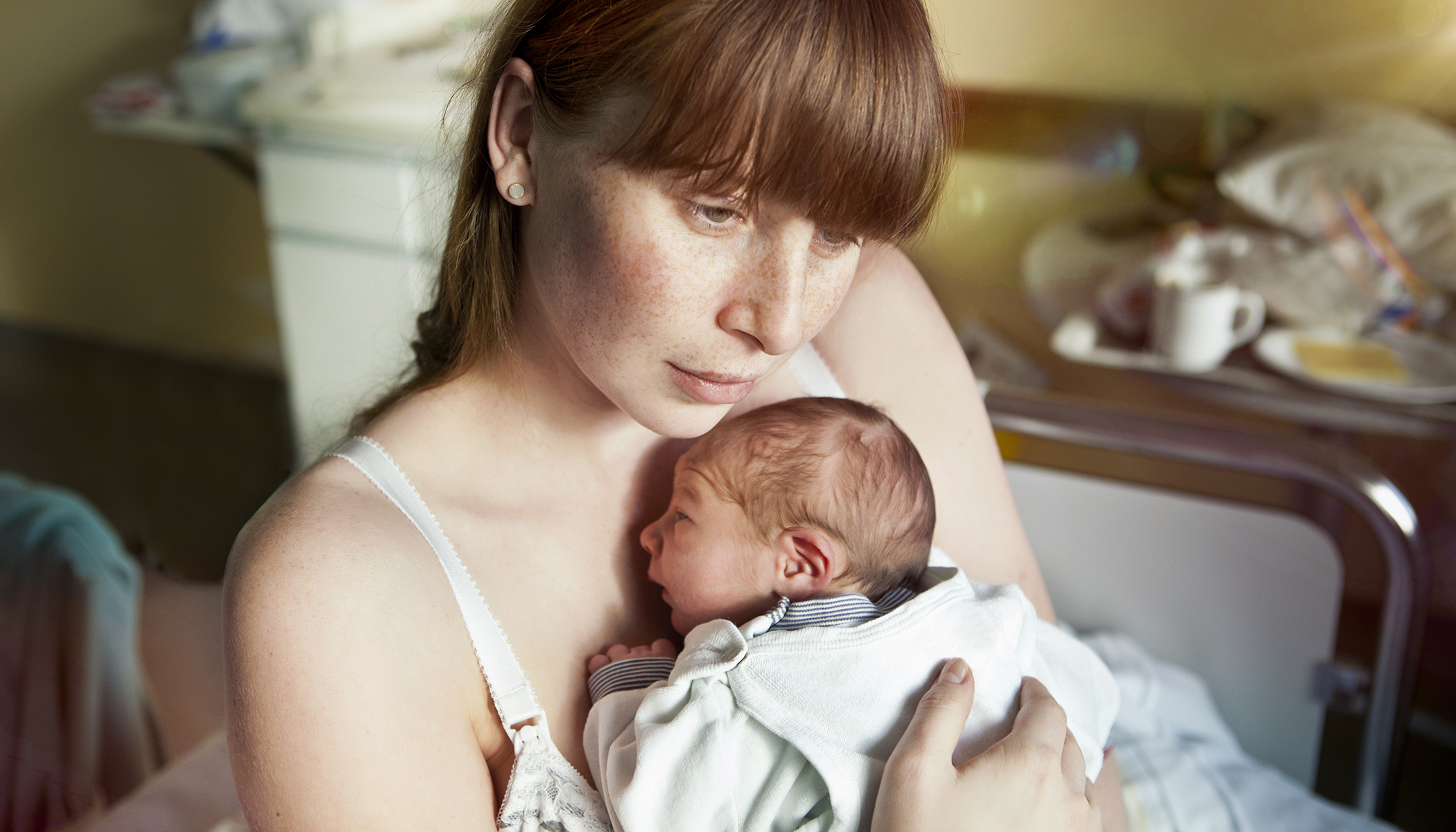Coping with grief can affect every part of our lives. Sadly, many more of us are experiencing loss due to the Covid-19 pandemic – with demand for support from bereavement charities rising rapidly.
It’s a natural and human response to experience grief. It may be from the death of a loved one, a relationship break-up or a divorce. ‘Grief is a reaction towards a significant loss of some kind,’ Härdfeldt explains. ‘It doesn’t have to be a person – it can be a loss of anything, including a pet, a job or a routine.’
If you’re experiencing grief, here are 5 helpful things to remember.
1. There’s no right or wrong way to grieve
Grief isn’t a linear process and people don’t experience grief and loss in the same way. Bereavement can bring up a range of difficult emotions as we gradually come to terms with the loss.
In 1969, a Swiss-American psychiatrist named Elizabeth Kübler-Ross suggested that people experience 5 stages of grief after losing a loved one. Härdfeldt says that the 5 stages – denial, anger, bargaining, depression and acceptance – are a helpful model to normalise and understand some of our reactions and behaviours when grieving.
But not everyone will experience the 5 stages, and even though we may share similar experiences to others, your grief experience is unique and yours alone. According to Härdfeldt, this is due to a multitude of factors, including:
- Individual memories
- Personality traits
- Strengths and weaknesses
- Emotional intensity
‘On top of that, every attachment we have to a person or object is unique,’ he says.
2. There are other ways of coping than just ‘moving on’
Moving on after loss isn’t easy. There are alternative ways of coping with grief that mean you don’t aim to move on but instead incorporate the loss into your life. ‘A supportive model on grief is the dual-process theory by Margaret Stroebe and Henk Schut, which suggests that a certain degree of avoidance and distraction isn’t just necessary to the grieving process but also helpful,’ Härdfeldt says.
The dual-process model allows you to switch from feeling sad and dwelling on the past to putting the pain aside and distracting yourself from your grief momentarily.
‘Painful memories don’t just fade away,’ explains Härdfeldt. ‘We need to create new associations that are more powerful. So, if you’re finding it difficult to cope, I’d suggest putting yourself in a position where your mind is challenged.
‘The distractions can be small, like rearranging your home, or more complex, like learning a new language or skill. They can also be more impactful changes like forming new relationships. Try to strike a balance between the different processes.’
Joining a club, taking a class, exercising regularly and going out with friends might also be helpful distractions.
Härdfeldt highlights the importance of self-care during bereavement, too. ‘Grief affects the whole body, even the immune system,’ he says. ‘A well-balanced diet, plenty of rest and sleep are essential while you’re grieving.’
3. Grief and depression aren’t the same
Both grief and depression can be extremely debilitating, frightening and painful, but they’re entirely different experiences. They can sometimes feel alike because they share similar symptoms, including:
- Intense sadness
- Feeling disconnected from what’s happening around you
- Disrupted sleep
- Loss of appetite
- Reduced concentration
- Tiredness and exhaustion
Unlike grief, depression is a medical condition, which can be treated with therapy and medication. It tends to be more persistent and the feelings are more all-consuming.
Grief and its related symptoms tend to occur in waves and decrease over time. ‘The main difference is that depression can and should be treated, while grief cannot be treated with medication,’ says Härdfeldt.
In some cases, intense grief never recedes and affects a person’s day-to-day life on a long-term basis. This condition is known as complicated grief or persistent complex bereavement disorder
‘If after 6 months you still can’t work, eat, sleep or function properly and are overwhelmed by feelings of yearning, pain and distress, you should seek professional help,’ says Härdfeldt.
4. Talking about your loss with those close to you can help
A strong support network following a loss is often crucial for bereaved people. Grief isn’t easy to discuss, but it’s something we will all experience at some point.
Opening up about how you feel to people you trust can prevent you from feeling isolated. Find someone you can be honest with and who will listen with an open heart. ‘Talking with your loved ones about how you’re feeling can be one of the most powerful emotional tools there is,’ says Härdfeldt.
‘But it’s perfectly acceptable not to engage with others about your emotions if you don’t feel comfortable. Some people also prefer to talk with someone they don’t have an attachment to because it makes it easier to focus on the loss.’
5. Seeking professional help and support if you need it is important
‘If you feel you need extra guidance, I’d recommend seeing a health professional, like a grief counsellor,’ advises Härdfeldt. Make an appointment to speak to a doctor, who is likely to refer you for counselling, cognitive behavioural therapy (CBT) or other talking therapies. CBT can be effective in helping you come to terms with grief and loss.
You could also contact a grief counsellor directly, or get in touch with a bereavement charity or support group that offers support. ‘Both group and individual therapy have been shown to help,’ says Härdfeldt. ‘A therapist or counsellor can help you make sense of any complex emotions you may have.’
This article has been medically approved by Dr Dag Härdfeldt, Psychologist at Livi.


